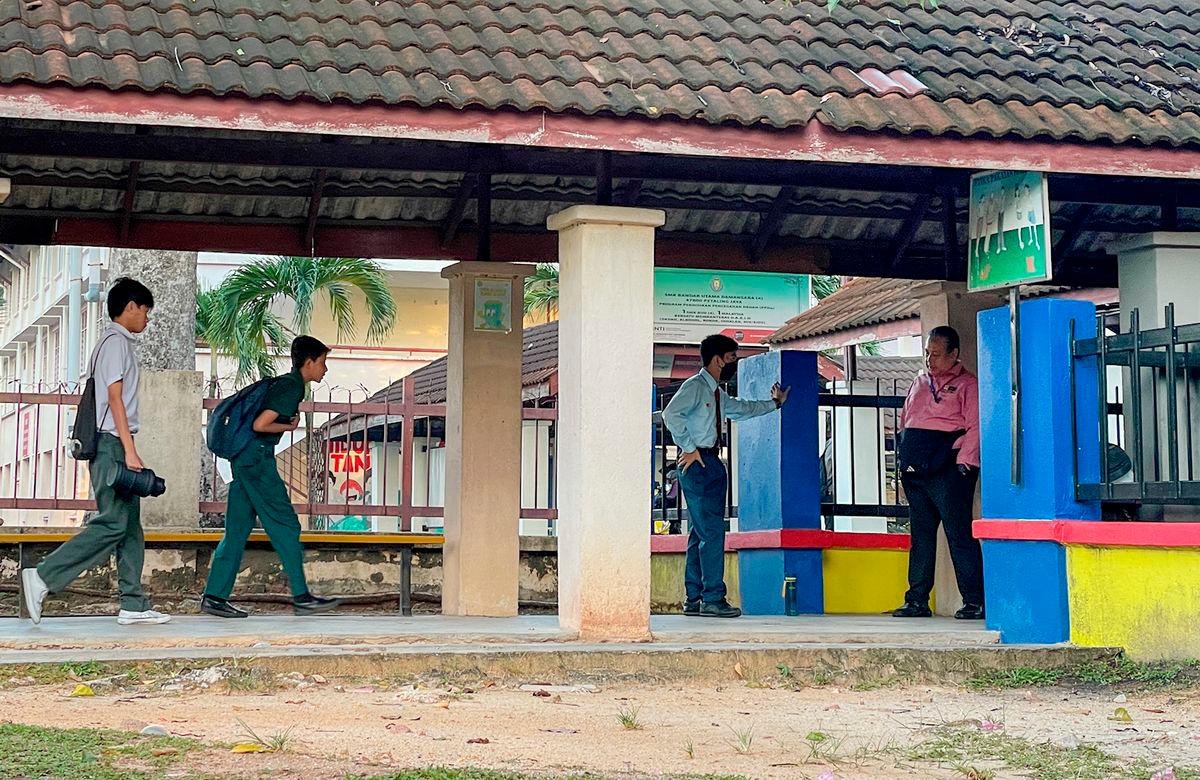PETALING JAYA: Unicef Malaysia has sounded the alarm over a worrying surge in school violence, from sexual assaults to brutal beatings with some ending in tragedy.
Unicef Malaysia representative Robert Gass said no child should ever feel unsafe, least of all in a classroom and urged tougher action to stamp out violence, protect victims and make schools the safe havens they’re meant to be.
“We commend the swift response of the Malaysian authorities and the support extended to victims, survivors and their families.
“No child should ever feel unsafe, particularly in a place of learning.”
He stressed that prevention must be at the heart of all efforts, calling for comprehensive violence-prevention programmes, stronger support for parents and caregivers, and effective reporting and response mechanisms to protect children at home, in school and online.
Gass also warned against sharing videos, images or personal details of children on social media, saying such acts risk deepening trauma and violating children’s rights to privacy and protection.
“The mental health and psychosocial wellbeing of survivors, families, peers and educators must be prioritised. Safety and confidentiality during investigations, as well as responsible reporting are essential.”
Unicef further highlighted that girls are disproportionately affected by violence, noting that nearly one in three women and girls globally experience physical or sexual violence in their lifetime – often driven by harmful gender and social norms that normalise abuse and silence survivors.
“Such violence inflicts devastating and long-lasting harm on children’s physical and mental wellbeing and erodes trust in the institutions meant to protect them.”
Universiti Kebangsaan Malaysia deputy director of the Institute of Inclusive Development and Advancement Dr Anuar Ahmad said the nation’s education system is facing a critical moment.
“We have to admit that our education system is in distress – this is no longer about minor misbehaviour such as noisy classrooms or unfinished homework. We are now dealing with bullying, sexual assault and even murder. These are serious crimes taking place in schools.”
Anuar said parents are increasingly anxious about their children’s safety, while many students fear going to school. He urged the government to take immediate and long-term steps to restore public confidence in the education system.
Among the short-term measures, he suggested:
Installing CCTV cameras in all schools;
Identifying at-risk parents and students for professional counselling sessions; and
Conducting safety audits in every school.
For the long term, he proposed:
Empowering greater parental involvement in schools;
Prioritising safety, health and character education from primary level;
Ensuring at least one certified counsellor for every 250 students; and
Enforcing disciplinary action against education officials who conceal cases of misconduct.
“When misconduct becomes extraordinary, the solutions must also be extraordinary,” Anuar stressed.









